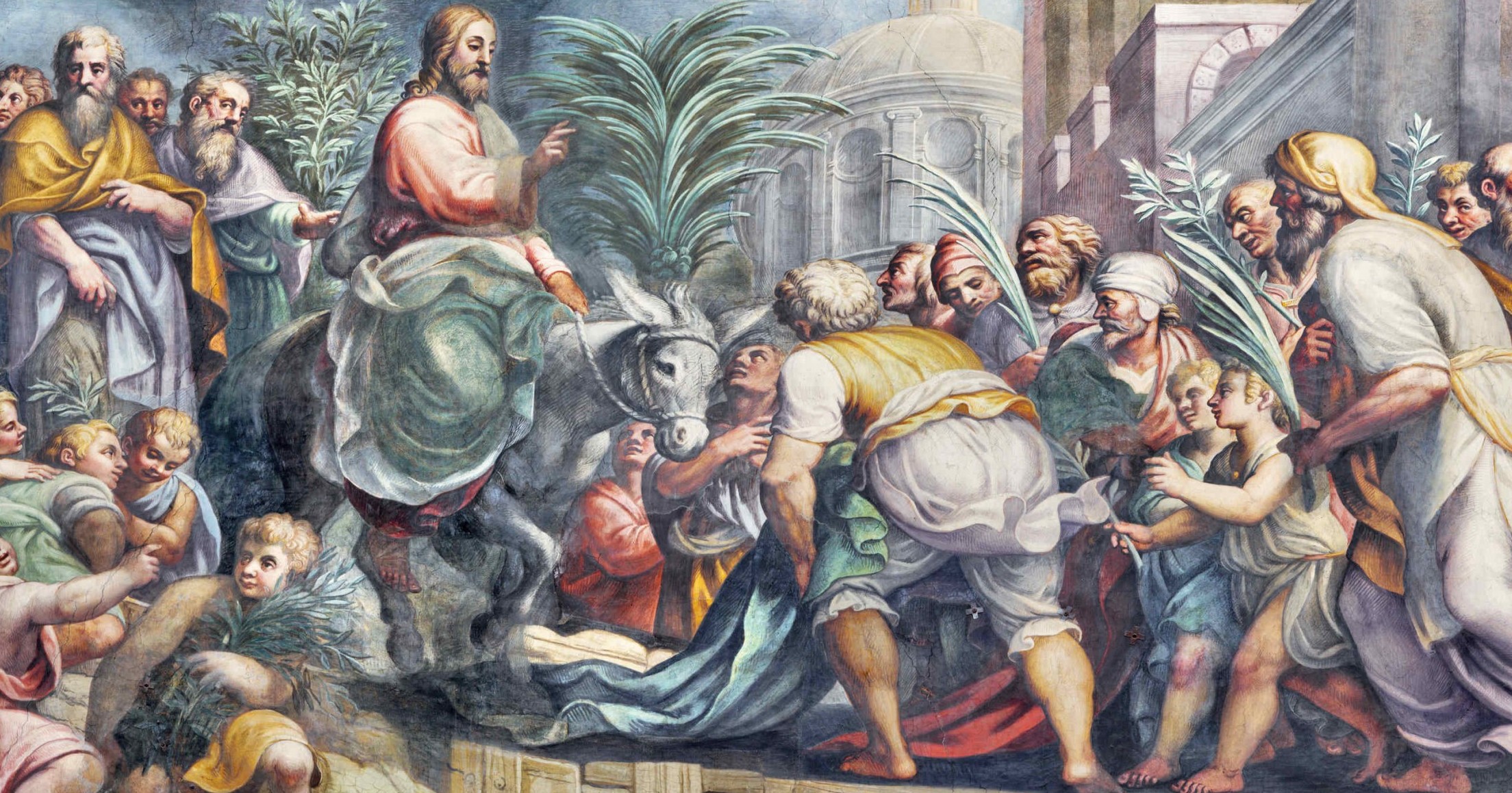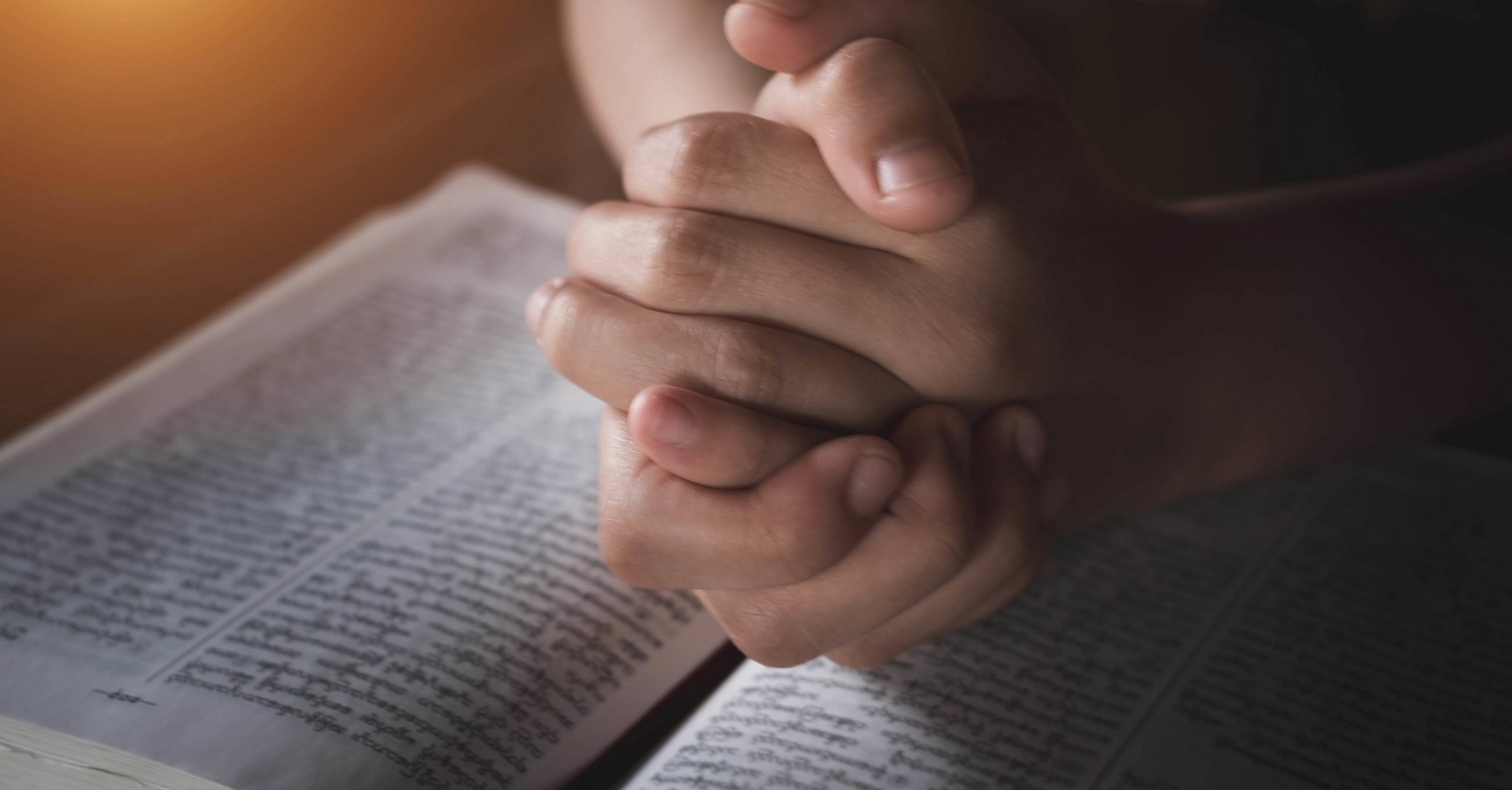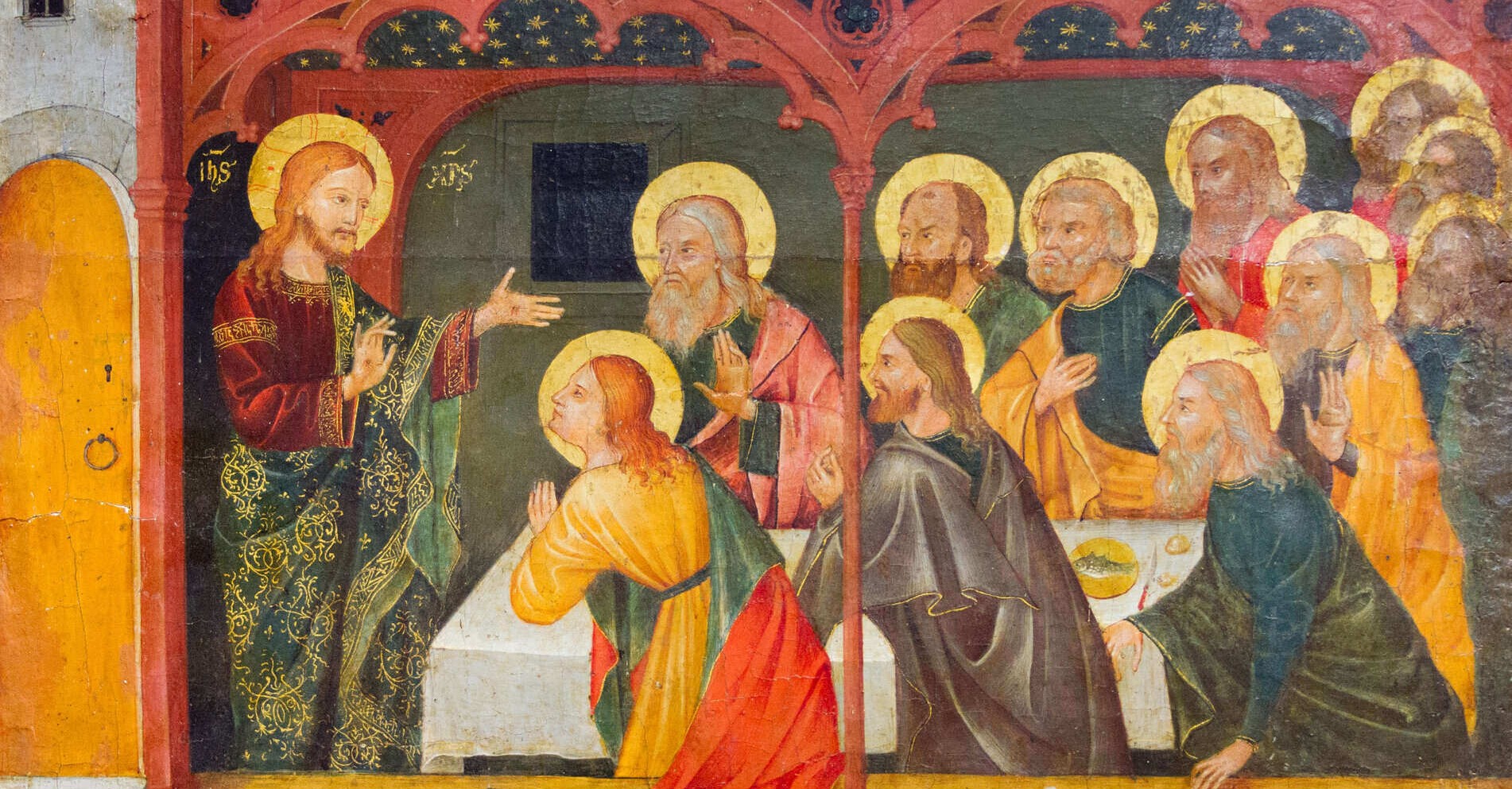Proper 16, 23 August 2020
In today’s Gospel we heard again how Jesus asked His disciples questions. Children don’t have to be taught to ask a lot of questions: they have a strong desire to learn and know. The Sacraments are there to provoke children to ask questions. The Church’s Catechism is based on questions, to lead learners to the truth of the Scriptures.
Jesus and His disciples were in Caesarea Philippi; this is mentioned for a reason.
Two places called Caesarea are mentioned in the New Testament:
- Caesarea in western Israel, a primarily Jewish territory under Herod Antipas in Samaria;
- Caesarea Philippi, in the north, under Philip, a Gentile territory.
Jesus’ conflict with the religious leaders and with Herod, whom He called a fox, was beginning to brew; hence He headed north. Whilst the Jewish territory rejected the Son of Man, further north Jesus reveals Himself as the Son of God on Gentile soil. One region rejected Jesus, the other accepted Him.
Jesus asked His disciples, “Who do people say I am?” and, “Who do you say I am?” He didn’t care what Herod or the religious leaders thought about Him – He already knew – but He was concerned about the opinion of regular people, which might not be precise but was pure and free from malice and deceit.
People who have never been to Spain will have a different opinion of the culture, through second-hand knowledge, from those who live there. Common knowledge of the siesta gives the impression that the culture isn’t fond of working but prefers relaxation. Having lived there 23 years, I can explain that it’s very hot, as high as 40° C or more in August; in the afternoon the streets are empty for this reason. People close their businesses, go home for lunch, spend time with their family and take a siesta; they may open later.
Someone who has a relationship with Christ will have a different opinion than someone who doesn’t. Peter said, “You are the Christ, the Son of the Living God” – not “a Christ” but “the Christ”. Jesus said, “You did not receive this from man but from God”. When interrogated before His crucifixion, Jesus was asked, “Are you the Son of God?” Peter and the centurion, on the other hand, declared Him to be the Son of God.
Jesus told Peter, “Upon this rock I will build My Church”. Some say the rock is Peter; others say it’s the revelation of Jesus’ divinity. Peter spoke as a representative of those who eventually confessed Jesus as Lord, and of the Church which would proclaim Him as Son of God. While Israel rejected Jesus, a new community in a pagan, Gentile territory was being formed, with Christ as the foundation. This pointed to the Church today, coming from a Gentile background, which would proclaim Christ to the world.
Who is God to you?
The pandemic has caused and is causing the loss of many lives and livelihoods, and has disrupted our lifestyle. In the midst of this, many people have revisited some very important questions – the kind we often put on our back burner, but which when something happens we begin to address.
- Who is God to me? Who is Jesus to me?
- Is God powerful enough to protect me and my loved ones?
- For many who haven’t been able to go to church, it has brought the realization and understanding of how important the Church is to us: gathering together and celebrating the Eucharist physically. I love live streaming, but it cannot replace gathering together, and I pray that very soon the many churches around the world will be able to regather, celebrate and lift up the body and blood of Christ.
- How much do I know Jesus, who died on the cross for me, who saved me from my sin and from death and has promised me eternal life?
These questions are very personal: no one can teach us, but we need to ask ourselves. If God reveals Jesus to someone, will that person follow Jesus and love Him more?
What is God’s place in my life? God and the Church cannot be separated. What’s the importance of the Church in our lives? The gathering of the Church for the Eucharist is a celebration of the Resurrection and new life in Christ. If someone is a follower of Christ, it’s a question only that person can answer. Is Christ the centre of my life, or am I? I would even say the Church should only be the centre of my life as much as Jesus is the centre of the Church. If you can answer such questions rightly, you have a good start.
Is Jesus the centre?
Jesus referred to Himself as the Cornerstone (Mark 12:10-11). A cornerstone, foundation stone or setting stone is the first stone that is set in the construction of a building. After this stone is set, all the others are set in reference to it. It’s so important, because it determines the position and entire structure of what the person is building. When it’s not set right, everything that follows will be skewed or crooked, like another leaning tower of Pisa.
For Christians, Jesus is the Cornerstone, the foundation of the Christian faith and of our lives. That’s why His question to His disciples is so important, and why we ask ourselves today, Is Jesus the centre of my life? I, the universe, material things, or fame should not be the centre of my life – Christ should be. This is shown by our actions and lifestyle. Sometimes we lose track and are distracted by many things, but today Jesus poses this question to us. Who is He to you? I pray He’s the very centre of our lives, because He’s the centre of heaven and earth. If Jesus isn’t the centre of your life, this is time for you to make Him the centre: He’s greater than life itself. Simply lift your hands to Him and say, “Lord Jesus, I accept You in my heart. Be the centre of my life.” Open your heart, and let Him be the centre of it all.










